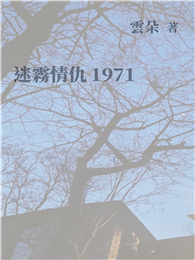The general aim of this study was to investigate the forms of cultural management practised in the border municipalities of Jaguarão, Brazil and Rio Branco, Uruguay. The aim was to identify the existence of cultural management and which practices would be best suited to the expectations of local populations and their influence on the lives of these communities. The main motivation for working on this topic was the search for effective results and new initiatives in the area of cultural management, with the aim of improving the understanding of public administrations and the community about existing policies in the sector. To address this issue, a study of the area in question was carried out, taking into account historical aspects that have contributed to shaping the region from a cultural, economic and human development point of view. Considering experiences such as UNESCO’s Creative Cities Programme and actions carried out in European and Latin American countries, it was possible to exemplify actions that could easily be carried out in the region under study. With the content presented, it can be concluded that there is still a long way to go to implement effective cultural management.
| FindBook |
|
有 1 項符合
pinto da c. rodrigues的圖書 |
 |
$ 2310 | Cultural Heritage Management
作者:Pinto Da C. Rodrigues 出版社:Our Knowledge Publishing 出版日期:2023-10-28 語言:英文 規格:平裝 / 60頁 / 22.86 x 15.24 x 0.36 cm / 普通級/ 初版  看圖書介紹 看圖書介紹
|
|
|
圖書介紹 - 資料來源:博客來 評分:
圖書名稱:Cultural Heritage Management
|











